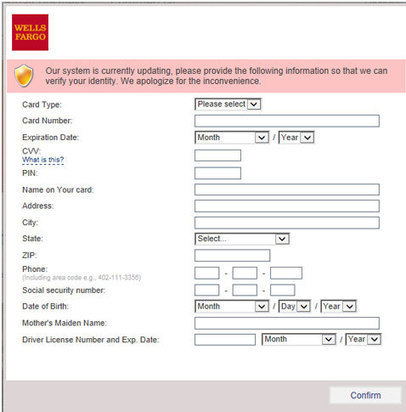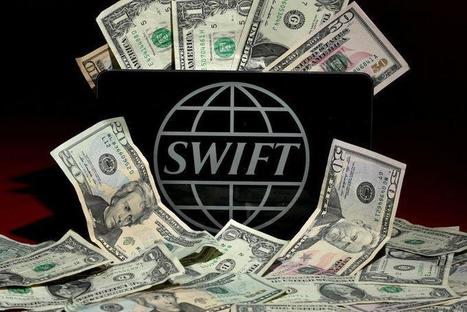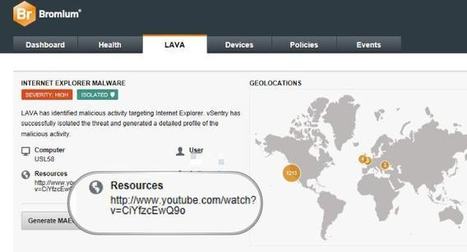Deux malwares déjà connus s'attaquent maintenant aux entreprises alerte Microsoft. L'éditeur donne des conseils pour prévenir les infections et éviter qu'elles ne se propagent s'il est déjà trop tard.
Sur son blog Technet Microsoft explique que les deux malwares de type cheval de troie Qakbot et Emotet connaissent un regain d'activité ces derniers mois. Ils sont de familles différentes mais ont des comportements semblables et le même but : dérober des informations bancaires ou d'autres données sensibles. Par la suite ces informations peuvent être utilisées pour récupérer de l'argent frauduleusement.
Ils se propagent en utilisant plusieurs méthodes, en piégeant tout d'abord un utilisateur par le biais d'une pièce jointe ou via un site web infecté. Ils infectent ensuite les lecteurs partagés en réseau et les lecteurs amovibles connectés aux machines ou en tentant d'accéder aux dossiers protégés en essayant des mots de passe administrateur ou en utilisant ceux dérobés en espionnant les frappes clavier des victimes.
Learn more / En savoir plus / Mehr erfahren:
https://www.scoop.it/t/securite-pc-et-internet/?&tag=banking+trojans



 Your new post is loading...
Your new post is loading...















Learn more / En savoir plus / Mehr erfahren:
https://www.scoop.it/t/securite-pc-et-internet/?&tag=banking+trojans